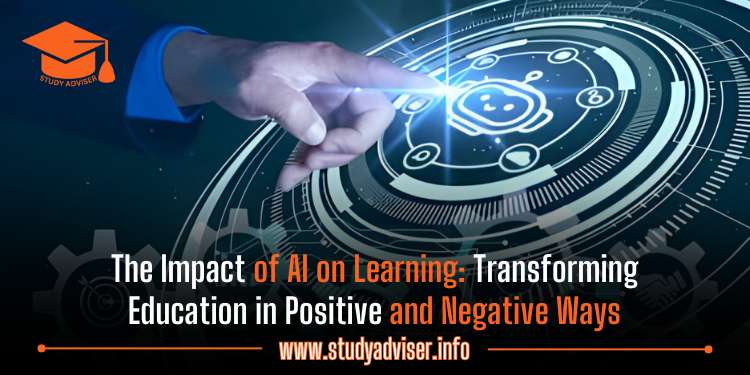Artificial intelligence (AI) is advancing at an incredible pace, showing potential to greatly impact numerous industries – including education. As AI capabilities grow more sophisticated, this groundbreaking technology is poised to truly revolutionize the way students learn. From personalized curriculums to instant feedback and access to advanced tutoring resources, AI offers invaluable tools to enrich the educational experience. While some express valid concerns about potential drawbacks, AI mainly aims to complement human teachers, freeing them up to focus more attention on fostering creativity and critical thinking. By embracing AI’s potential in balance with human guidance, education can be profoundly enhanced.
The Dawning of a New Age in Learning
Many modern students struggle to engage with one-size-fits-all curriculums and environments that fail to resonate with their unique needs and interests. AI finally enables the long-envisioned concept of tailored, student-centric learning – education that dynamically adapts to reach each individual. Backed by smart data analysis, AI learning tools can pinpoint every student’s strengths, weaknesses, ideal pace and more to deliver supremely personalized content. With education powered by AI, students receive the exact support they require in the style best suited to their needs.
Instant, Targeted Feedback Accelerates Growth
In conventional education models, students must often wait days or weeks to receive test results and feedback. AI utterly transforms this process through instant evaluation and rich, detailed feedback on assignments, tests and more. Students can immediately identify areas needing improvement, correcting gaps in knowledge in real-time versus allowing misunderstandings to linger. They can also leverage AI analytics about their frequent mistakes to adjust their approach to common pitfalls. With constant, personalized feedback, students learn faster and more effectively.
Anytime Access to One-on-One Tutoring
In many educational settings, one-on-one tutoring with human teachers is a rare luxury. AI tutoring solutions bring customizable academic support within reach of all students. AI tutors provide round-the-clock availability to reinforce challenging materials, answer questions and offer tips tailored to each learner’s needs. By continually assessing performance, they dynamically adjust their approach, just as skilled human tutors would. AI tutoring enriches learning, addresses confusion with empathy, and helps students master concepts at their own pace.
Related: Free online resources for research papers
Empowering a New Breed of Educators
While some fear teachers may grow obsolete in AI’s wake, human educators remain integral to student success. In fact, by automating administrative tasks and providing invaluable analytics, AI systems enable teachers to focus on the vital interpersonal, creative and mentoring aspects of their roles. Freed from repetitive tasks like grading, teachers can devote more one-on-one time guiding each learner. They can also leverage AI data revealing students’ strengths, weaknesses and engagement levels to provide targeted support. AI allows teachers to function at their full potential.
Overcoming Educational Barriers
For marginalized and disadvantaged groups, barriers like affordability, discrimination and accessibility have long blocked equal access to quality education. AI solutions help tear down these obstacles through democratized access to advanced learning – available remotely to students anywhere. AI learning tools bring top-notch tutors, vast libraries of materials and groundbreaking adaptive curriculums within every student’s reach. By personalizing materials for neurodiversity and deploying natural language technologies, AI also reduces barriers for those with learning differences and disabilities. AI promotes educational equity and helps students unlock their potential irrespective of circumstances.
The Critical Importance of Balance
Amidst all its promise, improperly managed AI adoption does pose concerning risks ranging from ingrained bias to student data vulnerabilities. Close regulation along with ethical development principles are critical safeguards. Additionally, striking the right balance between AI automation and human involvement is pivotal. Teachers must remain at the helm guiding learning journeys while leveraging AI as an enhancement versus a wholesale replacement.
When deployed responsibly alongside qualified teachers, AI stands to profoundly enrich learning. Students receive supremely personalized, instantly adaptive education customized to their needs, unlocking unprecedented academic growth.
